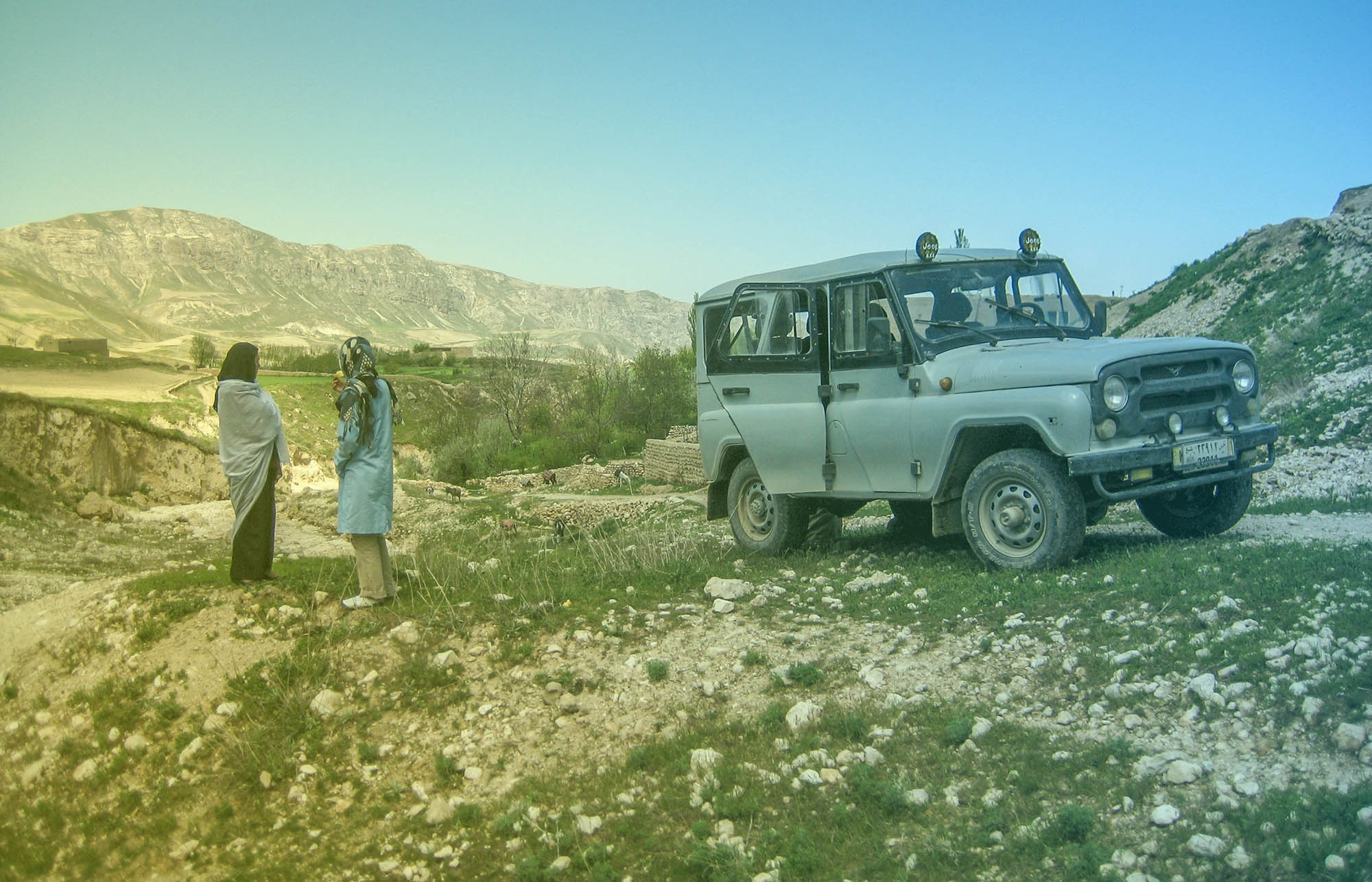
This content has been archived. It may no longer be relevant
In 1994 Kyrgyzstan legally recognized social work as a profession. Subsequently, universities formalized vocational training for social workers giving them a structured course in an accredited educational institution. Now universities train about 400 social workers annually.
However, as a whole, social workers lack funding and education while quietly working in poor conditions for low wages ($150 per month for new entrants). Yet, as Kyrgyzstan’s social disruption has intensified, social workers find themselves on the front line helping people at risk in areas of high migration and unemployment.
Social workers often have sole responsibility for evaluating and managing family issues including health, safety and social welfare of children and parents. Often, social workers deal with mental health issues, drug and alcohol abuse and abused and neglected children. Needless to say, working with insufficient training, low pay and emotional stress causes high burn-out and turnover.
To address the problem of insufficient training and faculty with limited field experience, the Kyrgyz Association of Social workers and leadership at Bishkek Humanities University started developing a social work program with a focus on at-risk families.
Working with child protection specialist from the United States, BHU faculty adapted the Core Curriculum for Child Welfare Caseworkers for their program. Child welfare organizations in Russian, Ukraine, Lithuania and Belarus use the internationally renowned practice curriculum. The program aims to train students to such a level that they can assume responsibilities in NGO’s and child welfare organizations directly after graduating.
Students pursuing the profession do so because they want to help improve conditions for families in Kyrgyzstan. They also desire to prove to family, government and NGO’s that they are well-educated professionals performing essential work in challenging social conditions who deserve their support and respect.
Such is the case for the social worker whom we will call Jypar. Jypar pays the bus fare to get to her first case using her own money. She is visiting a family where the alcoholic father passed out and froze to death. Because the mother, who is also alcohol dependent, has no money for food, Jypar feeds the child. On her next stop, she must find an orphanage to take two newborns whose teenage mom abandoned.
Please contact us to learn how our organization serves at-risk people in Central Asia.



